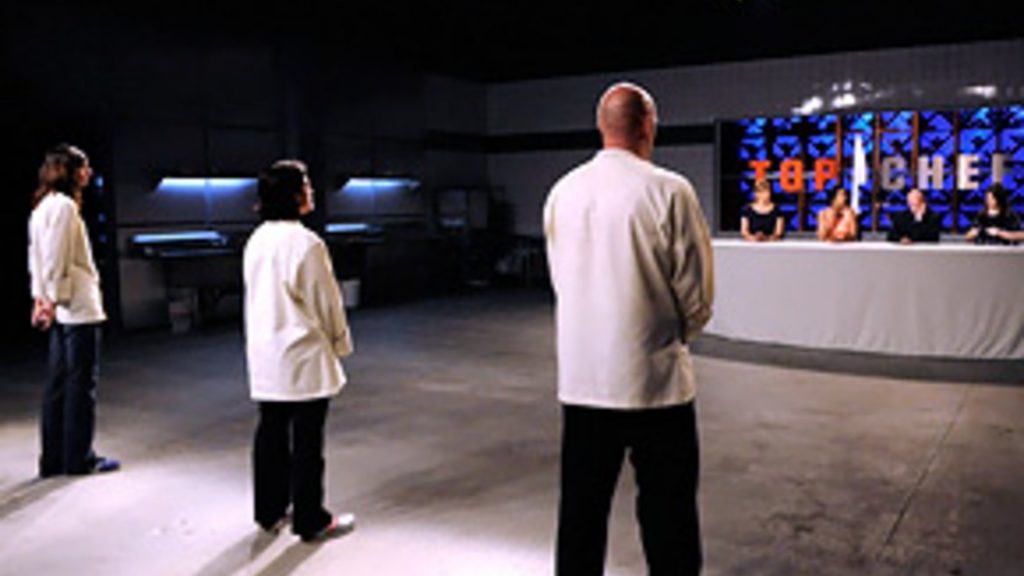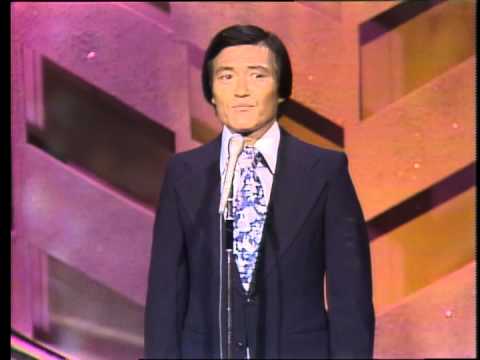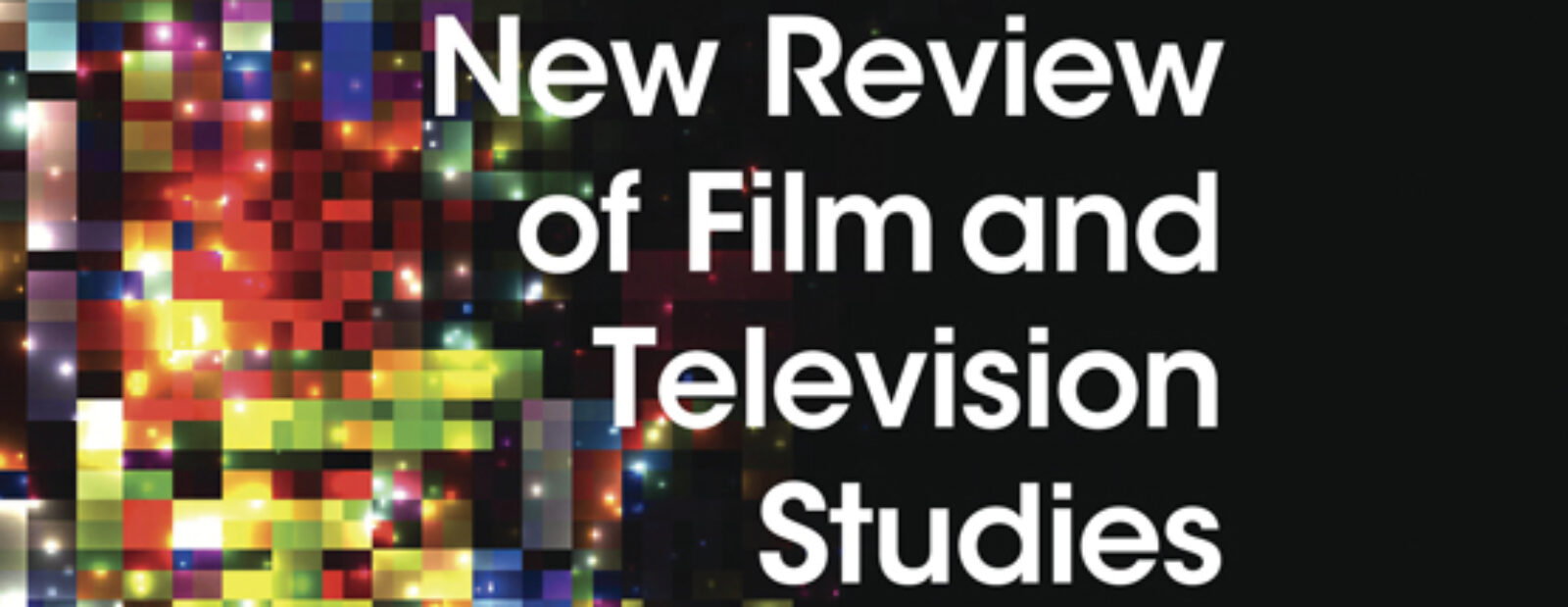We are delighted to announce Casey Walker (PhD Student, Radio-Television-Film, University of Texas at Austin) has been awarded the winner of the 2024 TV SIG Grad Essay Contest! Walker’s essay, “Classical Hollywood Cinematographers and the Cultural Capital of Television” will be published in our Winter 2024 print issue.

Congratulations as well to the 2024 cycle’s finalists!
Victoria Serafini (PhD Candidate, Performing & Media Arts, Cornell University) “‘Paddle Back to the Isle of Lesbos’: Navigating Truth Through Closet Drama and Queerbaiting in MTV’s Faking It“
Anna Stamm (Ph.D. Student, The Media School, Indiana University) “Tarzian’s Television: Broadcasting Geography and Industry in Bloomington, Indiana”
2025 Contest
Check back later in 2024 for the 2025 cycle!
Call for Reviewers
If you are a non-student member of the TV SIG and are interested in volunteering your expertise as a Peer Reviewer or member of the Selection Committee, please fill out the following form:https://forms.gle/K4muyibPH8Y1RsjBA
2023 winner Elizabeth Walters’ (Boston University) article “‘Throwing Shows Against the Wall and Hoping for the Best’: NBC, Quality, and the Emmy Race for Outstanding Drama Series in the 2010s,” was published in our Winter 2023 issue.
2022 winner Olivia Stowell’s (University of Michigan) article “‘It’s Top Chef, Not a Personality Contest’: Grammars of Stereotype, Neoliberal Logics of Personhood, and the Performance of the Racialized Self in Top Chef: New York“ was published in our Winter 2022 issue.
Excerpt: “In the context of reality television, cast members must strategically navigate and maintain their self-performance; at the same time, they are subject to the reductions and manipulations inherent to the reality television editing process, which condenses hours of available footage into legible, entertaining narratives. Within Top Chef’s narrative formations, contestants become characters who often (self-consciously or not) embody stereotypical character types.” READ THE FULL ARTICLE HERE.

The winning article appears in our Winter 2022 issue.
2022 Finalists:
Suryansu Guah’s (University of California, Los Angeles) “Making a ‘Hate-Watch’: Netflix’s Indian Matchmaking and the Stickiness of ‘Cringe Binge TV’”
Lauren Sowa’s (University of Southern California) “These Are the Showrunners’ Stories: An Analysis of Law & Order: SVU‘s Cultural Authors”
2021 winner Peter Arne Johnson‘s (University of Texas, Austin) article ““Hidden in plain sight: the spatial and industrial logics of home fitness technologies” was published in our Winter 2021 issue.
Excerpt: “In another respect, the Mirror’s liminal position between a mirror, in which users can see their reflection, and a screen, on which users follow guided workouts, blurs the user’s position between real and non-real worlds. As Figure 2 illustrates, users can see not only their reflections in the Mirror’s digital world but also their heart rates, calories burned, time remaining in their work out, and profile images of other users working out simultaneously. By discursively ‘embedding’ users inside its screens, the Mirror pushes the liminality of the television to a new level.” READ THE FULL ARTICLE HERE.

2018 winner Grace Jung’s (UCLA) article “Recovering the TV career of Korean American comedian Johnny Yune” was published in our Winter 2018 issue.
Excerpt: “Yune’s career peak on national television was quite brief, lasting from 1978 to 1980. This article attributes the brevity of Yune’s presence on network TV to the mystification of Korea as a nation and identity in the minds of Americans, NBC’s struggle to compete against ABC and CBS in the late 1970s, and structural racism in the US. Despite this swift celebrity trajectory, Yune is not only noteworthy because of the success he found in America, but also for pioneering the variety talk show format in Korea shortly after the nation gained media democracy in 1987, making him a cultural liaison between the US and Korea through his TV stardom.” READ THE FULL ARTICLE HERE.

